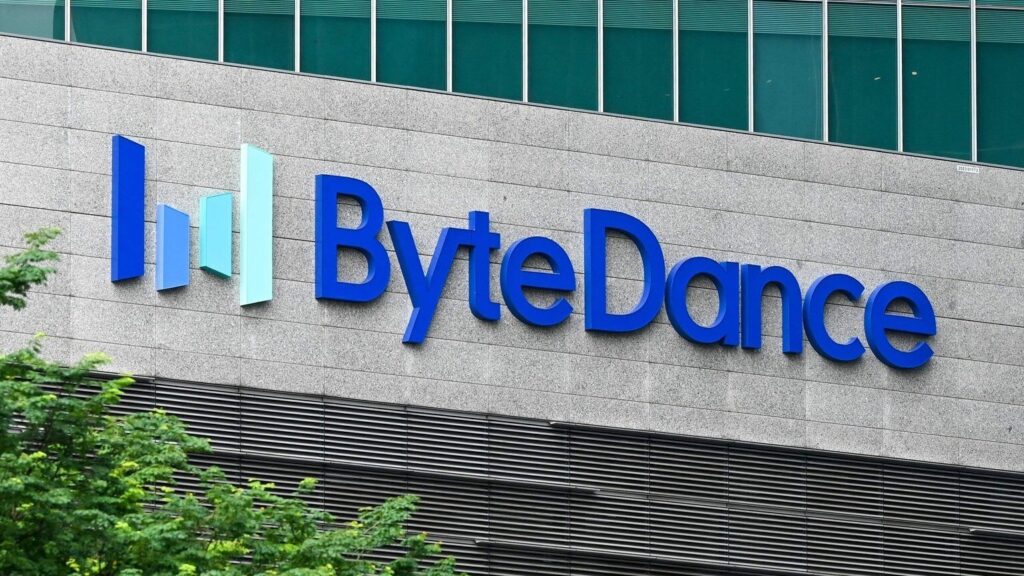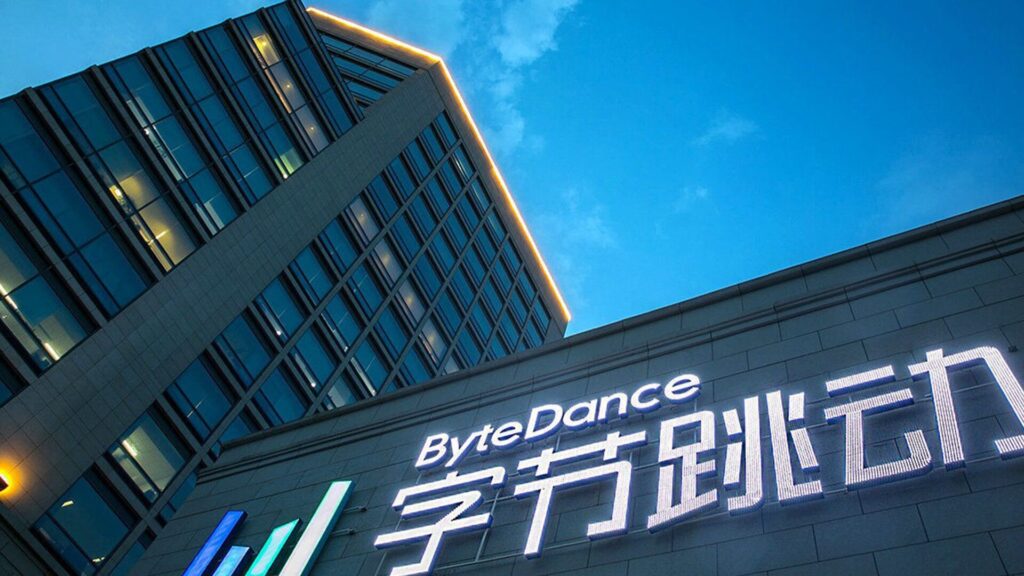In a surprising turn of events in the tech world, ByteDance, the parent company of TikTok, has partnered with American chip designer Broadcom to develop a cutting-edge 5nm artificial intelligence chip. This new venture aims to secure a high-quality chip supply for ByteDance, enhancing their capabilities in AI technologies.
Key Highlights of the ByteDance-Broadcom Collaboration:
- Innovative 5nm Chip: The collaboration focuses on creating a 5nm Application Specific Integrated Circuit (ASIC) that conforms to US export control regulations and will be manufactured by Taiwan’s TSMC.
- Strategic Implications: This partnership marks a significant move amidst the ongoing tensions between the US and China over technology and trade. Despite strict US export controls instituted in 2022, this collaboration has moved forward, showcasing a potential thaw in technological cooperation between the two superpowers.

- Impact on ByteDance: By partnering with Broadcom, ByteDance aims to reduce procurement costs and ensure a stable supply of high-quality chips. This is critical as ByteDance expands its AI capabilities across its various platforms, including the popular social media app TikTok and others like Doubao, which offers AI chat services similar to ChatGPT.
- Response to US Sanctions: Prior to the first round of US sanctions, ByteDance had reportedly stockpiled significant amounts of NVIDIA chips (including A100, H100, A800, and H800). In 2023 alone, ByteDance allocated $2 billion for NVIDIA chips. This new collaboration with Broadcom represents an adaptive strategy in response to the geopolitical landscape affecting technology firms globally.

Broader Context:
This collaboration between ByteDance and Broadcom is not just about advancing technology but also about navigating the complex web of international relations and trade. As companies globally adjust to new regulations and barriers, partnerships like this could pave the way for more collaborative efforts across borders, potentially easing tensions and fostering a more interconnected global tech industry.

What’s Next?
While the design process has begun, production by TSMC is not expected to start this year. The final design is still in the pipeline, and it remains to be seen when the tape-out phase, indicating readiness for production, will be achieved.
This development is a clear indicator that even amidst political and economic tensions, technology and innovation continue to drive partnerships that might lead to unexpected alliances in the global tech landscape.

